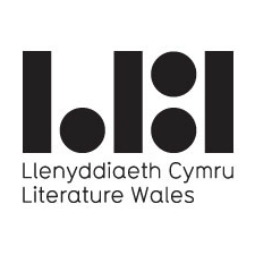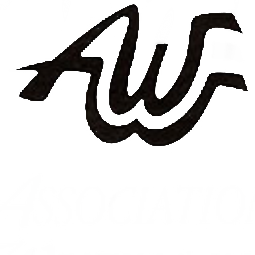The opening lines establish the divided physical locations of the speaker in the countryside and the addressee in the city. There is the suggestion of a couple that have been together but who are now separate: ‘We watched it apart’. This main clause begins with the first person plural ‘We’ to open the poem, suggesting a sense of togetherness. However, this is revoked with the speaker’s use of the adverb ‘apart’, indicating a separation. The couple are physically apart, but at this stage this separation could be temporary as we don’t know the relationship has (already?) ended.
The use of anaphora (the use of a word referring back to a word used earlier in a text) in the opening line through the pronoun ‘it’ means that the reader refers back to the title for meaning, and we understand that the speaker is referring to a natural eclipse.[1] The ‘it’ then becomes the ‘half-darkness’, and we see a transition from ‘it’ simply referring to the natural eclipse to something else. Could ‘it’ be referring to another man? This is because the ‘half-darkness fall[s] over’ her, which could be a reference to the idiom ‘to fall for someone’. It could even refer to the shadow another person cast over her in the moonlight.
We learn that something could be awry in the couple’s relationship, as the speaker ponders whether it was ‘my mistake’ to watch the eclipse separately. The phrase is suggestive of regret but later we wonder if it was already too late. The act of viewing the eclipse (together or apart) suggests the idea of (different) perspectives or points of view and hints at a fractured relationship.
The alignment of ‘half-darkness’ with ‘the city’ in the opening stanza and the freedom of the ‘flying’ rooks in the second stanza, a pastoral image, sets up a contrast between city and country, the geographical separation echoing the division between speaker and addressee. But although they are in separate places, both the speaker and the addressee seem to be connected by the eclipse – demonstrating an interconnectedness between humanity and nature that the poem explores throughout.
The reference to a ‘spreading hand’ also suggests a spreading apart of the couple. Furthermore, this ‘spreading hand’ could be perceived as a metaphor for the spread of darkness across the fields. A spread-out hand could equally be seen as a gesture to stop or to stay away. Thus the darkness, with its connotations of secrecy (or idiomatically, ‘being in the dark’), signifies the end of the relationship because the addressee has moved on to someone else – perhaps unbeknown to the speaker at this point.
The number three, or tripling, is suggested by the eclipse itself, due to it being an alignment of the sun, the moon and the earth. Invoking the number three could also refer to the love triangle that is present in the poem. Here, this tripling is made explicit through the rooks in these lines, whose typically ‘greyish-white face[s]’[2] also enhance the dark and light imagery that is prominent throughout the poem.
[1] There was a rare and widely viewed solar eclipse visible from Britain in August 1999 (it was a total eclipse when viewed from the south-west coast of England).






Sheers establishes the notion of togetherness and separation through the metaphor and image of the eclipse, focusing on its gradual movement, its dark and light colouring, and its process. The theme of relationships, specifically the loss of a relationship, is pertinent when reading this poem. The poem highlights the one-sidedness of relationships when one party moves on and the other struggles to come to terms with its having ended.
Whilst the loss of a relationship may be significant, perhaps the contemplative or meditative potential within the natural world, and how it can help us to reflect on our own lives, is important too. Sheers connects the speaker with the addressee through nature (the eclipse) to showcase how they were once connected. However, he uses the same image to demonstrate how the speaker comes to realise that the relationship is over.
The interconnectedness of humanity and the natural world is commonplace in Sheers’s poetry. In another of his poems from The Blue Book, titled ‘The Pond’, Sheers writes about how he takes ‘things’ to the pond, such as his ‘grandfather’s death’, his ‘first kiss’, or his ‘arguments’,[1] presumably to think these things through. Thus, the notion that nature is a tool for human contemplation is worth exploring in ‘Eclipse’. This interconnectedness is shown by how, though we can be miles apart physically, we are always looking at the same sun/moon and it is this which connects us to each other, even if we are looking at it from a different perspective.
Tripling is important in this poem, although it is not immediately clear why. We are first introduced to it via the eclipse, which is an alignment of the sun, the earth and the moon. As we later discover, through the references to ‘mid-day’ (line 7) and ‘the moon’s shadow’ (line 8), the poet is referring to a solar eclipse. This means that the moon is between the sun and the earth. However, we realise the significance of tripling by the end of the poem: to convey a love triangle.
Sheers may have used an eclipse because it is a rare natural phenomenon, and this successfully conveys the effect that the relationship had on the speaker; it was special, perhaps even a rare experience. Maybe the speaker feels like it will be a long time before he feels like that again.
[1] Owen Sheers, ‘The Pond’, in The Blue Book, p. 22, l. 1, l. 4, l. 7 and l. 10.